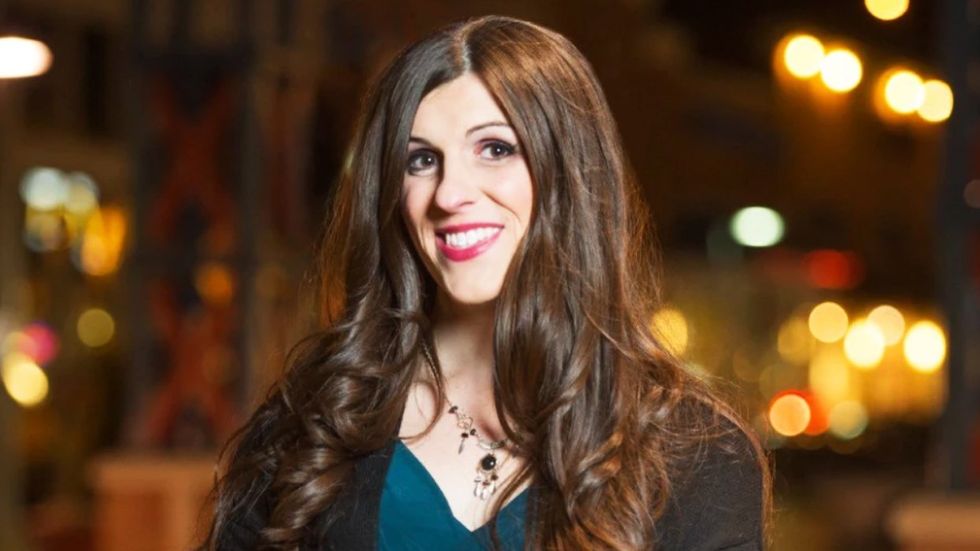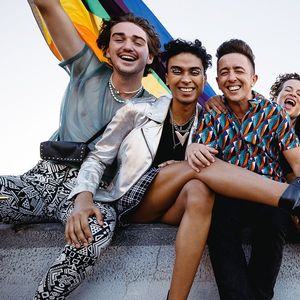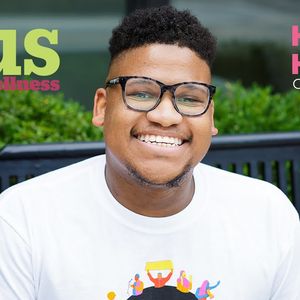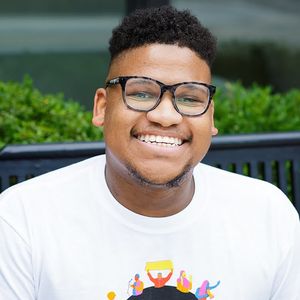As Danica Roem runs for Virginia’s Senate, she’s proud of the record she’s accrued over three terms in the state’s House of Delegates. But she’s finding her opponent is less interested in her record than in stoking transphobia against her, she says.
“The opposition in this campaign has been more transphobic than my three other campaigns combined,” says Roem, who was the first out transgender person to serve in a state legislature and is now vying to become the second out trans state senator (Delaware's Sarah McBride was first) in the election being held Tuesday.
That’s saying something, as in her first election, in 2017, she was up against incumbent Republican Bob Marshall, widely known as Virginia’s most anti-LGBTQ+ legislator. She faced anti-LGBTQ+ challengers in her reelection campaigns in 2019 and 2021 as well.
In 2023, however, “the Republicans are running the Bob Marshall playbook with millions more dollars behind it,” Roem, a Democrat, tells The Advocate.
Her opponent in the newly drawn Senate District 30 in northern Virginia, former police officer Bill Woolf, and his supporters have made much of Roem’s support for trans student athletes, claiming she wants “boys in girls’ spaces,” she says. Campaign fliers from the Republican Party of Virginia have claimed Woolf and Republican Gov. Glenn Youngkin, who has endorsed him, are protecting girls’ sports and Roem is not, as she opposed a bill that would have barred trans girls from female school sports.
There’s only a handful of trans student athletes in Virginia, she notes. The governing body for high school sports has guidelines in place for their eligibility, which include determining if hormone therapy has minimized or neutralized any competitive advantages trans girls might have.
Republicans have also taken her to task for opposing a bill that would have required school staffers to out trans students to their parents. Roem says the bill’s sponsor denied that it would put trans youth with nonsupportive parents at risk of being kicked out of their homes, and she countered with statistics on the high rate of homelessness among LGBTQ+ young people.
Roem is proud to have led the fight against these bills, she says. Although they passed the House, which has a Republican majority, they died in the Democratic-majority Senate. “I don’t even know how to explain how mean-spirited and not ready for prime time these bills were,” she says, adding that they bore the fingerprints of national anti-LGBTQ+ groups, some of which have drafted model legislation for states. “This is why representation matters,” she notes.
Meanwhile, Roem is emphasizing her record on a variety of other issues. “I’m a good legislator,” she says. “We passed nine of my bills into law this year” and 41 over the course of her tenure. These include bills to improve roads and other transportation infrastructure, to provide free meals to students, to end anti-trans discrimination in health insurance, and to require insurers to cover state-of-the-art prosthetic devices for people who’ve lost limbs.
She hopes to build on these accomplishments as a senator, along with measures to prevent gun violence. “I actually have a record to run on — because of my support, we have a red flag law,” allowing for the removal of guns from people known to pose a danger to themselves or others, she says. She supports universal background checks, while Woolf does not. She’s also a supporter of abortion rights, while Woolf would restrict access to the procedure, she says.
She decided to run for the Senate seat because her House district was split into three during redistricting. So if she wanted to continue representing the same constituents — in the cities of Manassas and Manassas Park, and western Prince William County — Senate District 30 was where she needed to be. Because it’s a new district, there’s no incumbent senator, and it leans Democratic but is competitive.
Roem is optimistic about her campaign but emphasizes the need for voter turnout. “We’ve got what looks like a pretty healthy lead in the early vote,” she says. But as Election Day looms, she stresses, “we need 100 percent participation in this election.”
Virginia, she says, is “the last state in the South that’s safe for trans people to exist and live our lives. We have got to show up. We’ve got to have the highest turnout we can from our LGBTQ Virginians.”
Roem, who’s gone from being the only out trans state lawmaker to one of 17 nationwide, says she’s not interested in higher office, such as Congress or a statewide position. Delaware's McBride is running for the U.S. House next year, and she “needs to be the first in Congress,” Roem says. “She would do a phenomenal job in Congress.” As for herself, she says, “State Senate is where I want to be. This is it.”















































































